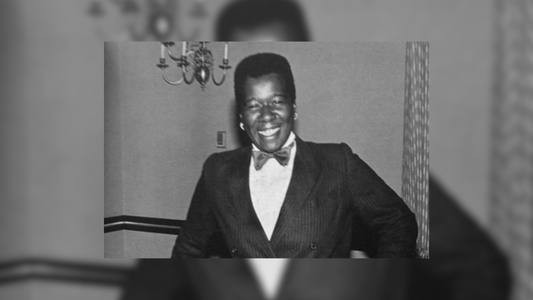The fight for women's rights in the United States has been a long and challenging journey, marked by significant legal milestones and ongoing struggles for equality. From the early suffrage movement to modern battles over reproductive rights, women have fought tirelessly to secure their place in society and under the law. As we approach the 2024 election, these hard-won rights face new challenges, particularly in light of proposals like Project 2025, which could have far-reaching implications for women's rights in the United States.
The Early Struggles: Suffrage and Beyond
The legal journey toward gender equality in the United States began with the suffrage movement in the 19th century. The passage of the 19th Amendment in 1920, which granted women the right to vote, was a monumental victory. However, this was just the beginning. Women continued to fight for equal treatment under the law in various aspects of life, including employment, education, and personal autonomy.
In the decades following suffrage, landmark legal cases and legislation helped to further the cause of women's rights. The Equal Pay Act of 1963, the Civil Rights Act of 1964, and Title IX of the Education Amendments of 1972 were crucial in addressing gender discrimination in the workplace and educational institutions. These laws provided the foundation for women to seek equal opportunities and treatment in many areas of public and private life.
Reproductive Rights: A Central Battleground
One of the most contentious and significant areas of women’s rights in the United States has been reproductive rights. The right to make decisions about one’s own body, including access to contraception and abortion, has been at the heart of the women's rights movement for decades.
The landmark Supreme Court case Roe v. Wade in 1973 was a pivotal moment in the fight for reproductive rights. The ruling recognized a woman's constitutional right to privacy, which included the right to choose to have an abortion. However, this right has been under continuous attack, leading to a patchwork of state laws that vary widely in terms of access to reproductive healthcare.
The recent Supreme Court decision in Dobbs v. Jackson Women’s Health Organization (2022), which overturned Roe v. Wade, has significantly altered the legal landscape. The ruling returned the power to regulate abortion to the states, resulting in a wave of restrictive abortion laws across the country. For many women, particularly those in conservative states, access to abortion has become severely limited or even nonexistent.
What’s at Stake in the 2024 Election: The Impact of Project 2025
As the 2024 election approaches, the future of women's rights in the United States is at a critical juncture. Project 2025, a comprehensive conservative policy agenda proposed by several right-wing think tanks and advocacy groups, poses significant risks to many of the rights and freedoms that women have fought to secure over the past century.
Reproductive Rights: One of the most alarming aspects of Project 2025 is its potential impact on reproductive rights. The project includes proposals to further restrict or ban abortion nationwide, roll back access to contraception, and defund organizations that provide reproductive healthcare, such as Planned Parenthood. If implemented, these policies could severely limit women’s ability to make decisions about their own bodies, affecting their health, economic security, and personal autonomy.
Workplace Equality and Protections: Project 2025 also includes proposals that could undermine workplace protections for women. This includes rolling back equal pay initiatives and weakening anti-discrimination laws that protect women from gender-based discrimination and harassment in the workplace. Such changes could reverse decades of progress in the fight for gender equality in employment.
Education and Title IX: The project’s proposals may also affect women’s rights in education. Title IX, which has been instrumental in promoting gender equality in schools and universities, could be weakened or reinterpreted in ways that reduce protections against sexual harassment and discrimination. This could disproportionately harm women and girls, particularly in areas such as athletics and academic opportunities.
The Ongoing Fight for Equality
The history of women’s rights in the United States is a story of resilience and determination. From the fight for suffrage to the ongoing battle for reproductive rights, women have continually pushed for equality and justice under the law. However, as the 2024 election approaches, the stakes have never been higher. Proposals like Project 2025 threaten to roll back many of the rights that women have fought for over the past century, making it more important than ever for voters to stay informed and engaged in the political process.
As we look to the future, it is essential to remember the progress that has been made and to continue advocating for the rights and freedoms that are vital to achieving true gender equality in the United States.




